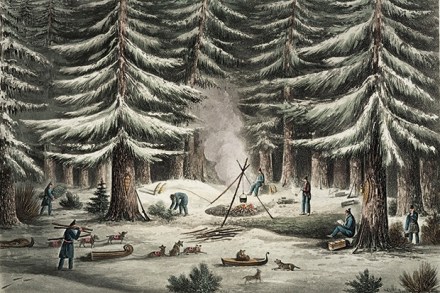El Sid
Was there life before darts? I am old enough, just about, to remember such a time. One minute, in or around 1978, there was no darts on TV. Next minute, there was nothing else, and Eric Bristow, if he had felt inclined to stand, would have been elected prime minister by a landslide. As with snooker, the glory years of mass popularity were but brief, but once established as the chosen sporting endeavour of people who don’t like moving too quickly, darts retained a substantial fan base, and continues to thrive even in these slimmer and more austere times. There really is something to be said for a sport whose




















